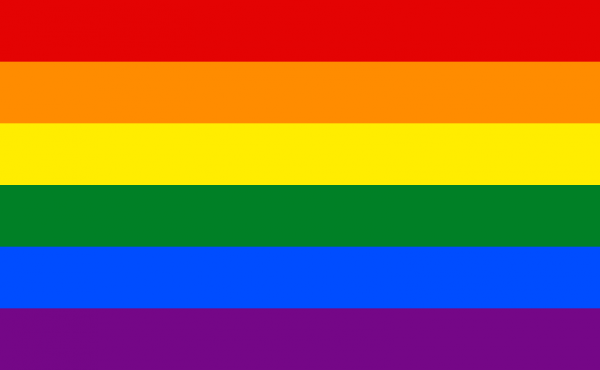The French National Assembly should approve a bill for marriage equality, Human Rights Watch said today in a letter to members of the assembly.
“From a human rights perspective, broadening the scope of civil marriage to couples of the same gender is the right thing to do,” said Boris Dittrich, advocacy director of the Lesbian, Gay, Bisexual, and Transgender (LGBT) Rights Program at Human Rights Watch. “Gays and lesbians have been deprived of the right in France to marry the person they love. The fundamental rights of equality and non-discrimination should be enshrined in the French law pertaining to civil marriage.”
Supporters of the government’s plans for marriage equality will hold a demonstration on January 27, 2013, in Paris. More than 300,000 people opposing the measure held a protest on January 13.
“The public debate in France shows how well democracy can function,” Dittrich said. “In that respect France could serve as an example for countries like Russia, where freedom of expression and assembly for LGBT people is not allowed by the authorities and where a law prohibiting so-called ‘propaganda of homosexuality’ is being discussed in the Duma.”
Under the proposed Russian legislation, demonstrations and manifestations about gay and lesbian couples’ right to marry would be illegal and could lead to a fine for participants.
Dittrich, a former member of the Dutch parliament, initiated the debate on marriage equality in the Dutch parliament in 1994. After heated debates in parliament and in society at large, the Netherlands implemented same-sex marriage legislation in 2001, becoming the first country in the world to approve same-sex marriage.
Ten other countries have followed suit, as well as several states in Mexico and the United States.
In the Netherlands, same-sex marriage has become a non-issue in the dozen years since the law went into effect, Human Rights Watch said. A vast majority of the population supports it. Even members of parliament who voted against the same-sex marriage bill have changed their opinion, saying publicly that having seen so many gay and lesbian couples vowing responsibility, love, and commitment to one another, they do not wish to repeal the law.
Dittrich will speak in a video that will be shown after the January 27 demonstration during a public gathering in theatre du Rond-Point in Paris.
For more Human Rights Watch reporting on LGBT rights, please visit:
http://www.hrw.org/lgbt
For more Human Rights Watch reporting on France, please visit:
http://www.hrw.org/europecentral-asia/france










